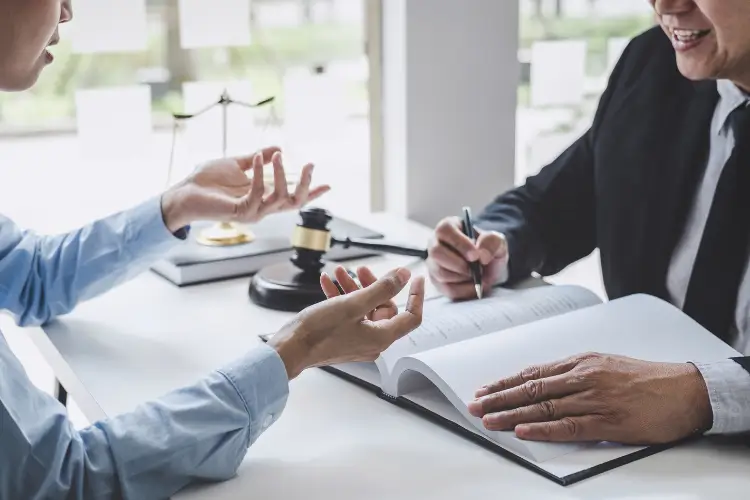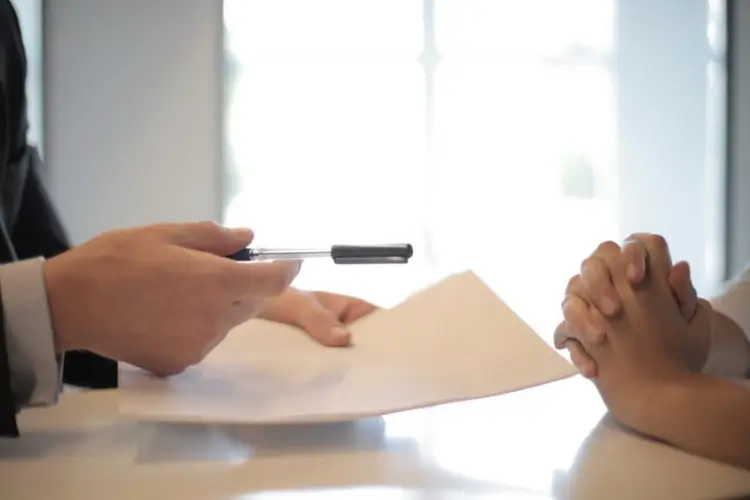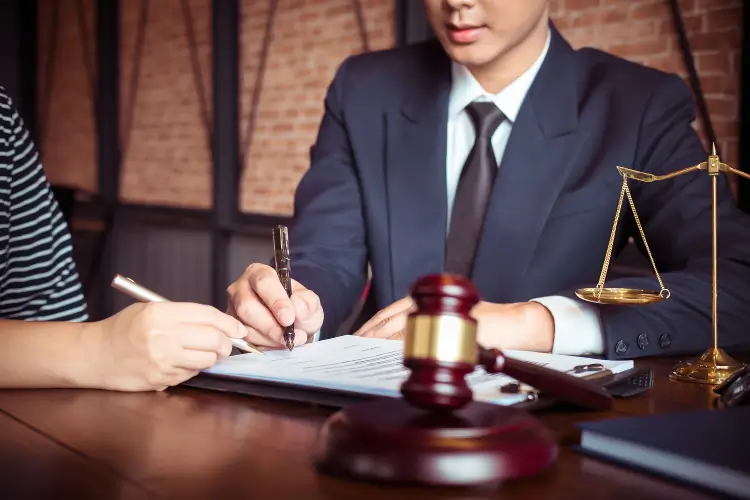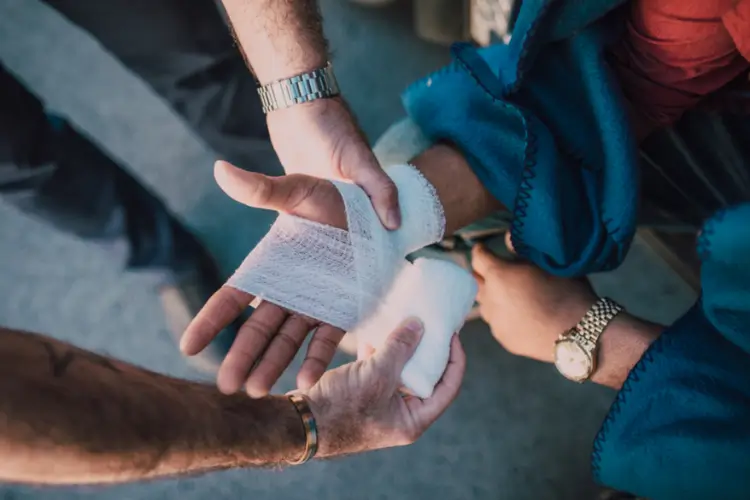Allegations of domestic violence can have major personal and legal consequences even before a court decides innocence or guilt. Should you find yourself under such charges, you must act straight away to defend your rights and guarantee a fair legal process. Many people overlook the serious consequences of these charges, but a well-prepared defense can help prevent life-altering effects. Should you be accused of domestic violence, these four fundamental strategies can help you protect your rights.
Remain Calm and Avoid Confrontation
Remaining calm comes first and most importantly. Emotions might run strong when faced with claims of domestic violence, but responding angrily or defensively could aggravate things. Should police enforcement be involved, follow their directions, and steer clear of trying to defend yourself right away or engaging in an argument? If you want to avoid having your statements used against you in court, it’s better to stay mute and only confirm your name and address. Furthermore, avoid trying to personally handle the matter by getting in touch with the accuser. Direct conversation could be taken as harassment or intimidation even if you think the accusations are untrue or exaggerated. To handle the claims in a controlled and professional manner, follow the proper legal procedures.
Understand the Legal Process
Effective navigation of your case depends on a comprehensive awareness of the legal procedure. Even in cases when there is less evidence, law enforcement may arrest the accused person right away upon a domestic violence allegation filed. Many times, a protection or restraining order is granted, therefore prohibiting any contact with the accuser. Even if you feel any legal orders are unreasonable, you should follow all of them. Even accidentally breaking a restraining order could result in more criminal charges and complicate your legal defense. Find out about the charges against you, possible fines, and legal rights you have throughout the process. Using witness accounts, medical records, text messages, or social media exchanges, the prosecution could try to build a case. Remember that any action you perform now will affect your defense; therefore, be careful what you say and do at this period of time.
Hire an Experienced Attorney
Hiring a seasoned attorney to represent you is among the most important actions you can take. Cases involving domestic abuse entail difficult legal questions; hence, expert legal representation greatly influences the result of your case. A skilled attorney will examine the specifics of your case, create a strong defense, and guard your rights all through the court process. Furthermore, helping you grasp plea bargains, possible defenses, and the ideal line of action to evade harsh fines is a criminal defense lawyer. Without appropriate legal counsel, you could be at a disadvantage—especially if the accused has legal support. Your attorney will speak on your behalf, thereby preventing you from saying something that would compromise your case.
Gather Evidence and Witnesses
Developing a successful defense calls for gathering as much evidence as you can. Should you be wrongly charged, any evidence proving your innocence might be quite significant. Text messages, emails, call records, or security footage contradicting the accuser’s claims could all fall under this category. Furthermore, very important for your defense is witness testimony. Should someone be there during the claimed incident or provide character references, their words will support your case. In court, recording your version of events—along with dates, timings, and any interactions with the accuser—can also help. Your attorney can also utilize this information to challenge the accuser if there are contradictions in their story or a past of false claims. Your chances of obtaining a positive result increase with the more proof you have to back up your defense.
Conclusion
Dealing with charges of domestic violence presents a serious issue requiring careful handling. Staying cool, knowing the legal process, selecting a skilled attorney, compiling evidence, and maintaining your reputation can help you defend your rights and work out the best possible result. Seeking professional legal advice is absolutely vital if you or someone you know are handling allegations of domestic violence. Every case is different; hence, the appropriate defense plan will help you safeguard your future. Acting quickly and wisely might make all the difference between clearing your name and facing severe legal consequences.




